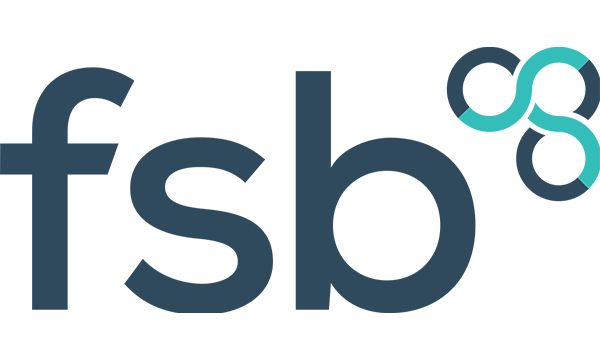Article by Dr Sabine Dembkowski Founder & Managing Partner of Better Boards
As the economic and business impact of the COVID-19 crisis mounts, boards in every industry around the globe are challenged to protect their employees’ health and build their companies’ resilience.
Immediate action is critical, but boards must also embrace a new agenda – one aimed squarely at what comes next. Only boards that are effective will be able to master the challenges.
The UK Corporate Governance Code serves as a blue print around the globe. This puts boards in a strong position to deal with the challenges ahead. However, as anyone serving on a board can attest it is hard to bring the code to live in the boardroom. It is also quite surprising how little effort is put into the systematic development of boards. There is hardly an organisation that can claim to have robust longitudinal data that allows tracking of the development of the board, let alone provide insights if actions taken have generated desired outcomes.
In this article, I will focus on the hallmarks of effective boards. I am not talking about “leadership development programmes”, rather a fully integrated approach to board development that is grounded in research and evidence-based and provides boards with insights to continuously develop.
Our research shows that there are seven hallmarks of effective boards.
- The composition of the board
- The ability of the board to use the strength of its members
- Clarity about roles and responsibilities
- Joint vision
- The ability to resolve conflicts between the board and management
- The structure and organisation of the board’s work
- Regular reviews and reflection about the board’s work.
The composition of the board
It is crucial to understand how different know-how areas and preferred roles in a group setting complement each other and fit to the challenges the organisation is facing and the value creation plan.
The ability of the board to use the strength of its members
The individual members of the board must understand their strength, how they are perceived, the collective strengths of the group and how all can be leveraged to implement and execute the value creation plan.
Clarity about roles and responsibilities
Ill-defined roles and grey areas of responsibilities are the norms rather than the exception. Clarity and transparency of roles and responsibilities need to be in place.
Joint vision
Effective boards play a decisive role in all phases in creating and achieving a company's vision. It is pivotal that all board members agree on, rally behind and communicate a common vision.
Ability to resolve conflicts between the board and management
Effective boards and their members understand how to resolve conflicts on the board and between the board and the next management level.
The structure and organisation of the board’s work
The organisation of the board’s work depends critically on the board secretaries and the interplay of the Chairman and CEO. Effective boards understand how to organise and structure their work.
Regular reviews and reflections about the board’s work
Regular time-outs, where board members can connect, leave the daily work behind and reflect on their work, are crucial to success.
Every single hallmark detailed here can provide you with a lever to achieve the goals. If implemented in a consequential and professional manner, your organisation can also make the firm more attractive for investment opportunities.







